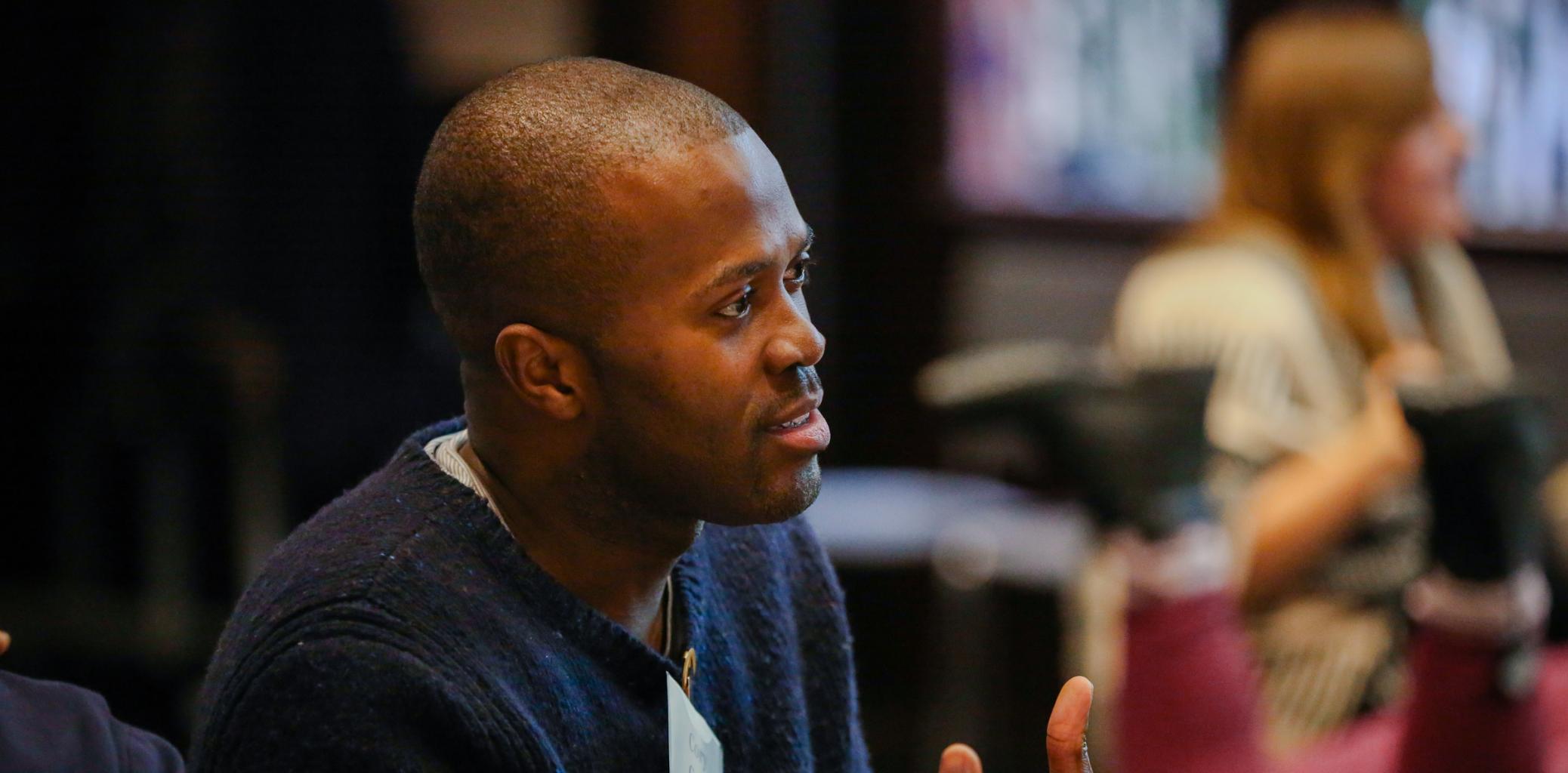Educators for Excellence began in 2010 as an idea discussed by a small group of teachers one night over pizza in New York. Though they taught in different schools across the city, they quickly realized they were facing many of the same frustrations and challenges. They feared that many of the students whose educations they were entrusted with would likely become part of a sobering statistic: only one in 10 students of color and low-income students graduate from college in the United States.
To bring about the changes they wanted to see for their students and profession, they recognized the need to change the way education policies were typically formulated and implemented. Research shows that classroom teachers are the single most important in-school factor in improving student achievement. Yet, as conversations across America intensified about how to ensure that we have great teachers in every classroom, the diverse voices of educators were being left out of those conversations. Even though policymakers at every level of the system were talking about teachers, they rarely were talking with teachers.
That’s where Educators for Excellence comes in. For far too long, teachers have been treated as subjects of change rather than as agents of change. That night in the pizza parlor, the teachers began putting their ideas to paper about how to strengthen our education system to improve student learning and elevate the teaching profession. Together, this set of values and principles became the Educators for Excellence Declaration of Teachers’ Principles and Beliefs, which guides our work and our membership to this day.
While we started as just a handful of teachers in New York, today we are a growing movement of more than 30,000 educators, with chapters in Boston, Chicago, Connecticut, Los Angeles, Minnesota, and New York. Our teachers are connecting with like-minded colleagues, taking on leadership positions, developing and recommending policy changes, and running campaigns to pass and implement these policies that impact our students and our profession.
